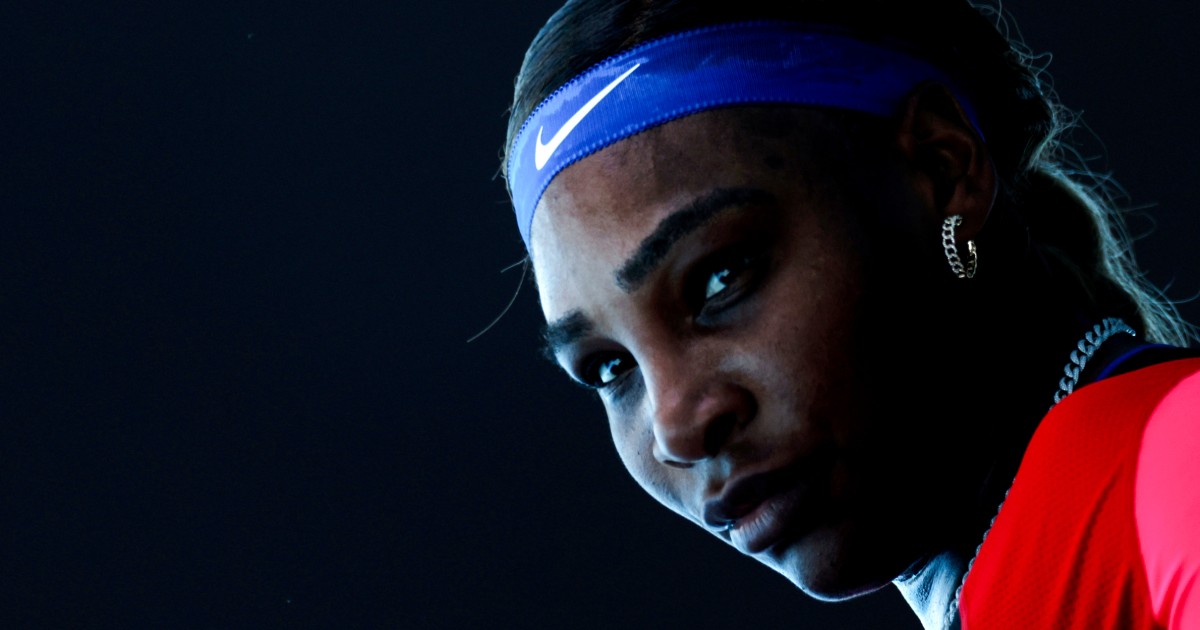
Serena Williams spoke out Wednesday after The New York Times inaccurately used a photo of her sister, Venus, to identify Williams in its print issue.
The article detailed Williams’ Serena Ventures, which recently announced an inaugural fund of $111 million to support early stage startups.
Normally, Black founders receive 1.2 percent of venture funding, according to Serena Ventures. However, 76 percent of the organization’s portfolio founders come from historically underrepresented backgrounds, its website said, and 47 percent of the founders involved with Serena Ventures are Black — promoting equity and inclusion in the financial sector.
“No matter how far we come, we get reminded that it’s not enough,” Williams tweeted, alongside a photo of the New York Times article. “This is why I raised $111M for @serenaventures. To support the founders who are overlooked by engrained systems woefully unaware of their biases. Because even I am overlooked. You can do better, @nytimes.”
Williams’ post received over 35,000 likes and over 6,000 retweets.
Soon after, The New York Times business section apologized on Twitter for the incorrect photo.
“This was our mistake,” the publication tweeted. “It was due to an error when selecting photos for the print edition, and it did not appear online. A correction will appear in tomorrow’s paper.”
While these mistakes usually occur without bad intentions, it may further perpetuate feelings of exclusion for marginalized communities.
Williams is among other notable Black celebrities mistakenly identified in media coverage.
Most recently, NBC Sports misidentified Black country singer Mickey Guyton as R&B singer Jhené Aiko during the Super Bowl. NBC Sports has since apologized for the error. (NBCUniversal is the parent company of NBC News, NBCBLK and NBC Sports.)
In a 2014 interview with KTLA, actor Samuel L. Jackson was mistaken for actor Laurence Fishburne. While Jackson jokingly corrected the reporter, he refused to go on to the next topic until making his point clear.
“I’m not Laurence Fishburne,” Jackson said during the interview.
“We don’t all look alike,” he said. “We may all be Black and famous, but we all don’t look alike.”
Source: | This article originally belongs to Nbcnews.com










